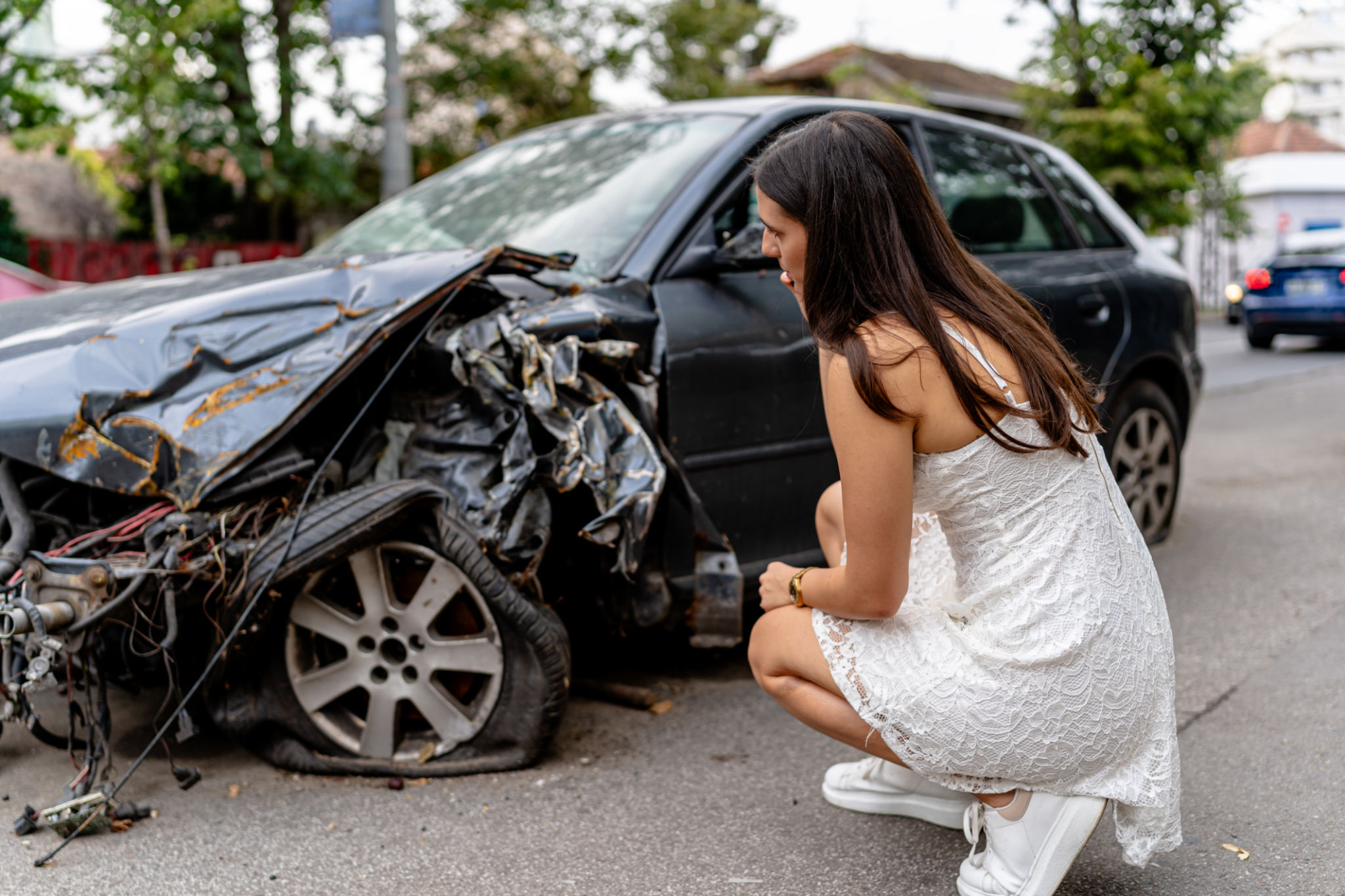Expert Tips for Restoring Your Car After a Collision
ss
Understanding the Basics of Collision Repair
Dealing with the aftermath of a car collision can be overwhelming, but with the right knowledge, you can restore your vehicle to its former glory. The first step in any repair process is understanding the extent of the damage. Assessing visible damage is crucial, but it's equally important to identify any hidden issues that might affect your car's performance.
After a collision, always inspect your car thoroughly for any signs of internal damage. This could include issues with the engine, suspension, or even the frame itself. If you are not confident in your ability to assess the damage, consider seeking professional help to ensure nothing is overlooked.

Choosing the Right Repair Shop
Selecting a reputable repair shop is essential for quality restoration. Look for a shop with certified technicians and a solid reputation in collision repair. Reading online reviews and asking for recommendations from friends or family can help you make an informed decision.
Once you've chosen a repair shop, discuss your expectations and get a detailed estimate of the costs involved. Make sure the shop uses high-quality parts and materials to ensure the longevity of the repairs. Don't hesitate to ask questions about their repair process and guarantees.

Maximizing Insurance Claims
Dealing with insurance companies can be tricky, but understanding your policy can make a significant difference. Start by reviewing your coverage details to know what is included in your policy. Document all damages with photos and notes to support your claim.
When filing a claim, provide all necessary information and be prepared to negotiate with your insurance adjuster. Remember, it's your right to choose where your car is repaired, so don't feel pressured to go with the insurance company's preferred shop if it doesn't meet your standards.

DIY Repairs: When and How
While some repairs should always be left to professionals, there are minor fixes you can handle yourself. Simple tasks like replacing a broken taillight or fixing minor dents and scratches can save you money and time. Ensure you have the right tools and follow step-by-step guides to avoid causing further damage.
However, be cautious when attempting DIY repairs. If at any point you feel unsure about your ability to fix an issue, it's wise to seek professional help. Remember, safety should always come first.
Maintaining Your Car Post-Repair
Once your car has been restored, it's crucial to maintain it properly to prevent future issues. Regular maintenance checks can help identify potential problems early and keep your vehicle in top condition. Follow the manufacturer's maintenance schedule and address any new issues as soon as they arise.
Consider investing in protective measures like paint sealants or car covers to safeguard your car's exterior from elements that could cause wear and tear. A little preventive care can go a long way in preserving your car's appearance and value.

Final Thoughts
Restoring your car after a collision requires patience, knowledge, and sometimes professional expertise. By understanding the process and making informed decisions, you can ensure your vehicle is safely and effectively repaired. Remember, maintaining open communication with your repair shop and insurance company will help streamline the process and lead to satisfactory results.
With these expert tips in mind, you're well-equipped to tackle the challenges of collision repair and get back on the road with confidence. Safe travels!